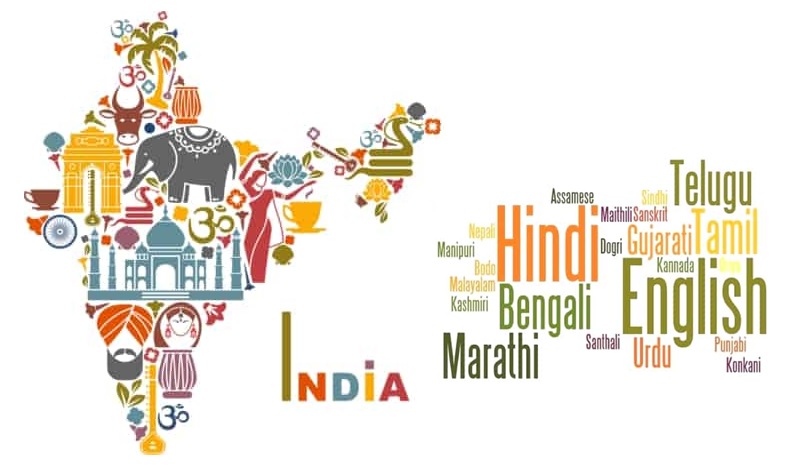
Right to Equality under Indian Constitution
There are certain fundamental rights of an accused person under the constitution of India. These rights are given to all, irrespective of the fact if a person is accused of a crime.
Our constitution is based on fundamental that “Let hundreds go unpunished, but never punish an innocent person”.
GET INSTANT HELP FROM EXPERTS!
- Looking for any kind of help on your academic work (essay, assignment, project)?
- Want us to review, proofread or tidy up your work?
- Want a helping hand so that you can focus on the more important tasks?
Hire us as project guide/assistant. Contact us for more information
There are numerous rights of the accused given to him/her before his trial, during the trial or after the acquittal or conviction. Here are some of the constitutional rights of the accused in India:
- Right to know about the accusations and charges
- Right against wrongful arrest
- Right to accused of privacy and protection against unlawful searches
- Bail as the rights of accused in India
- Right to legal aid
- The Right to Appeal
- The Right to Humane Treatment in Prison
- Right to have Family Visits in Jail
- Right against solitary confinement
- Right to receive protection from police if there is threat to life post-acquittal
Why is Indian constitution considered ‘quasi-federal’?
Right to get a fair representation in a criminal procedure is a facet of Right to Equality (Article 14). Article 20 says that “no person shall be convicted of any offence except for violation of a law in force at the time of the commission of the act charged as an offence, nor be subjected to a penalty greater than that which might have been inflicted under the law in force at the time of the commission of the offence. Thus, accused is given fair equality as par with other citizen.
Also by the judicial voice, a wider ambit has been given to right to life and liberty and thus accused are given a human treatment in jails fulfilling reformative approach (Article 21). Article 22 says that No person shall be detained in custody without being informed, as soon as may be, of the grounds for such arrest nor shall he be denied the right to consult and to be defended by, legal practitioner of his choice.
Scholars have always deliberated whether the Constitution of India is completely federal or unitary in nature. However, Indian constitution actually contains both features of a federal constitution and unitary constitution.
While Indian federalism was designed on the federalism prevalent in USA, Canada, and Australia, it deviates from their style of working and establishes its own distinctive features.
Indian Constitution is mainly federal but the government has also yielded to demands for statehood which has resulted in the formation of states like Manipur, Tripura, Goa, and more.
So Indian constitution is basically a blend of federal feature with unitary bias.
Federal features:
In a federal set up there is a two-tier of Government with well-assigned powers and functions. The Central and the State governments work in coordination and at the same time act independently.
Unitary features:
A unitary system on the other hand is governed constitutionally as one single unit, with one constitutionally created legislature. The flow of power is from top to down. The central government is supreme and any administrative divisions (sub national units) exercise only powers that the central government chooses to delegate.
A careful analysis of the federal and unitary features of the constitution reveals that the Constitution of India is federal in structure and unitary in spirit i.e. it is quasi-federal in nature.
StudyMumbai.com is an educational resource for students, parents, and teachers, with special focus on Mumbai. Our staff includes educators with several years of experience. Our mission is to simplify learning and to provide free education. Read more about us.

Leave a Reply
You must be logged in to post a comment.